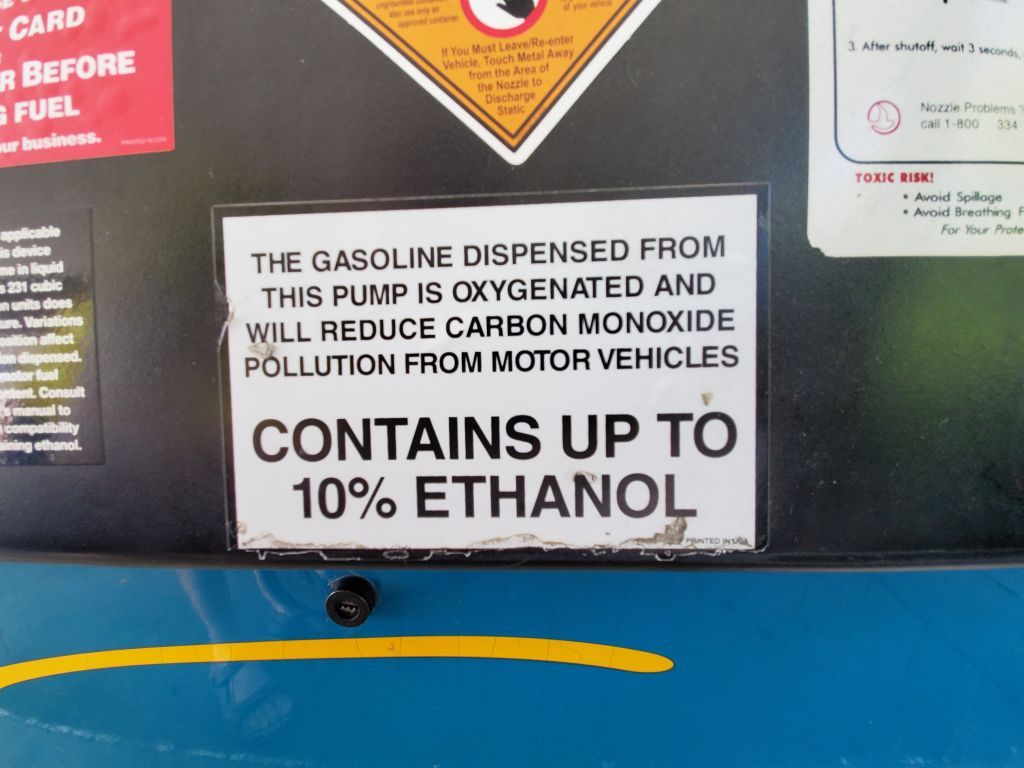- Joined
- Dec 15, 2017
- Messages
- 1,607
We as prepared individuals have a problem ... The formulation of the new age non ethanol fuel.
The new version does not contain the anti vaporization additives that were blended in years ago.
The risk of obtaining a dose of ethanol thru non dedicated fuel pumps or dispenser hoses.
Sta-bil helps some but only use it for shorter term storage needs, like one season to two years.
Pri-G is much better but twice now in my experience the gas stored in sealed metal drums and temp controlled storage at the age of eight (8) years it has become almost non viable. If it is mixed 75/25 ( stored/fresh) can it be used as fuel again.
On the plus side any power tool left with stabilized fuel unattended for an extended time the repair is minimal to get the tool running , just drain and replace old fuel then remove carb spray cleaner make sure float needle is not stuck reassemble and fire up.
The new version does not contain the anti vaporization additives that were blended in years ago.
The risk of obtaining a dose of ethanol thru non dedicated fuel pumps or dispenser hoses.
Sta-bil helps some but only use it for shorter term storage needs, like one season to two years.
Pri-G is much better but twice now in my experience the gas stored in sealed metal drums and temp controlled storage at the age of eight (8) years it has become almost non viable. If it is mixed 75/25 ( stored/fresh) can it be used as fuel again.
On the plus side any power tool left with stabilized fuel unattended for an extended time the repair is minimal to get the tool running , just drain and replace old fuel then remove carb spray cleaner make sure float needle is not stuck reassemble and fire up.





